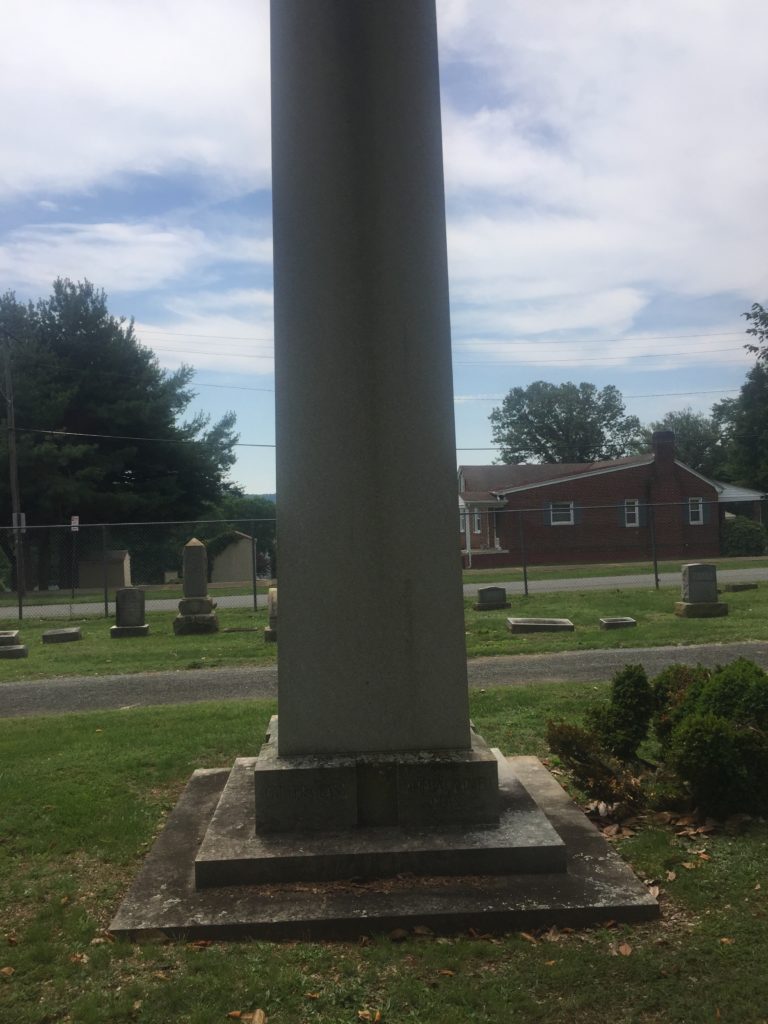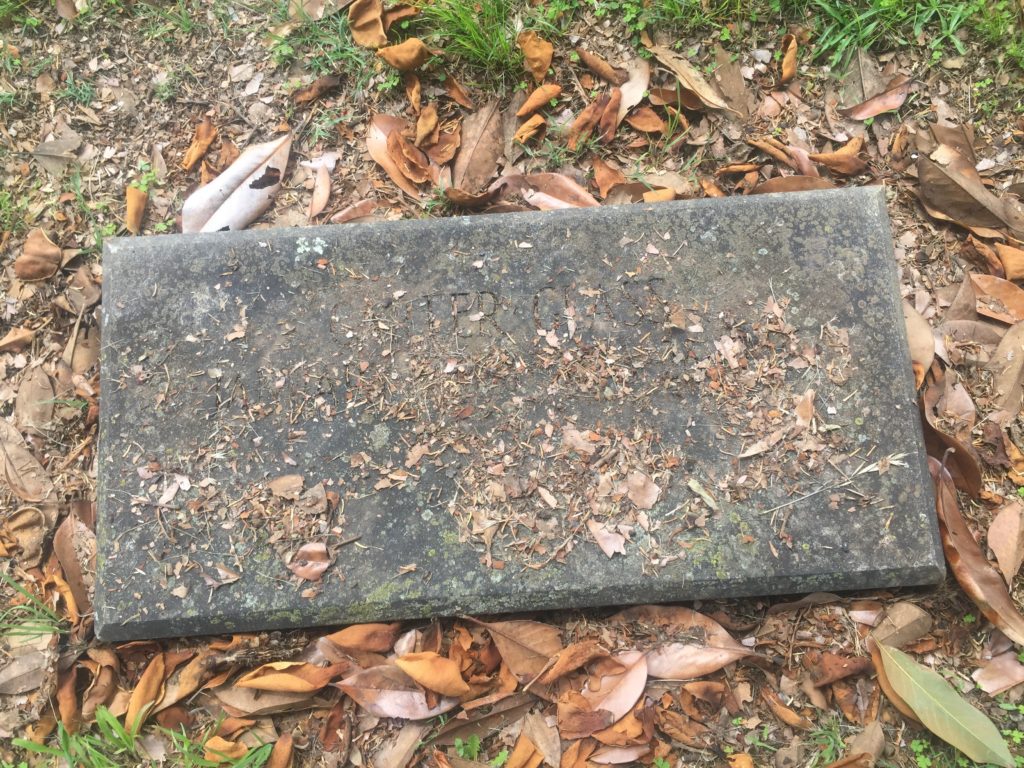Erik Visits an American Grave, Part 681
This is the grave of Carter Glass.


Born in 1858 in Lynchburg, Virginia, Glass grew up in the Confederate world of loss and nostalgia. His father was a newspaper editor who joined the Treason Army in 1861. becoming a major on the staff of General John Floyd. Of course, treason was put down. And like a lot of fairly well off people, the Glass family lost quite a bit of their wealth. Glass barely received any formal education in the years after the war. But his father had a large library and put the boy to work at the newspaper, as well as encouraging his self-education.
Glass went to Petersburg in 1877 to find a job as a newspaperman, but failed and returned to Lynchburg. He ended up working for William Mahone’s railroad operations. Mahone’s rise as a Readjuster had much to do with the debt postwar Virginia had and being on the front lines of this led Glass to develop an extremely conservative financial position that was always wrapped up in his white supremacy and nostalgia for the times when the Right Men led. He finally managed to get his own newspaper and soon became the leading newspaperman in Lynchburg, which gave him the base for rising political ambitions.
Glass became a leading proponent of rewriting the Virginia Constitution to implement stricter financial austerity and limit the ability of people to vote. That constitutional convention happened in 1902 and Glass was a leader in it, which created the poll tax among other horrible things. To make it worse, the tax accumulated, so that if you missed a vote and then wanted to vote the next year, you had to pay all the back tax too. This was the kind of anti-democratic measure the South was engaging in all over in these years, attempting to limit any kind of Populism from rising, as well as pushing out the Black vote. When someone at the convention asked Glass whether this and the literacy test he also got into the document were discriminatory, he replied, “Discrimination! Why that is exactly what we propose. To remove every negro voter who can be gotten rid of, legally, without materially impairing the numerical strength of the white electorate.”
So yeah, nice guy. One historian called him “the architect of disenfranchisement in the Old Dominion.” The number of Black voters in Richmond declined overnight from 6,000 to 760. It was not particularly uncommon in Jim Crow America to see Black voters in cities. There just wouldn’t be enough of them to make any difference. It was in the rural areas where voting would get you killed.
That same year, Glass was elected to Congress, where he became one of the chamber’s leading segregationists. His conservative financial position also put him in a position of power when Woodrow Wilson became president. He played a key role in the creation of the Federal Reserve in that role, which is the one thing in his life you can give him positive credit for. In fact, the Federal Reserve Act’s actual name is the Glass-Owen Act. In 1918, Wilson nominated him to replace William Gibbs McAdoo as Secretary of the Treasury. He was confirmed and served for the rest of the administration, though he was not really a major player.
There was a little talk about Glass as the 1920 Democratic presidential nomination, but that didn’t happen. Instead, Virginia appointed him to the Senate when Thomas Martin died. Working with Harry Byrd, who would later join him in the Senate, Glass was one of the biggest racists in the Senate and headed a state political organization that was possible the most racist in all these racist United States. Glass and Byrd were horrified by the New Deal and led to southern Democratic opposition to everything Roosevelt did. This was even after Roosevelt had offered Glass Treasury in 1933, which he turned down. He was also chair of the Appropriations Committee, giving him way too much power over limiting the New Deal. When people talk about how the New Deal consistently limited new laws to whites and the jobs they did, men like Carter Glass were the reason, as they were pretty happy to reject the entire package and certainly weren’t going to vote for anything that might improve Black political or economic power. But he was behind Glass-Steagall, which has gone down among policy wonks as one of the most important laws in American history, as it separated commercial and investment banking and whose repeal has helped usher in the New Gilded Age. One can be a master of banking policy and still be a horrible human being. Glass was also incredibly angry about the rise of the telephone in the Senate and tried to pass a bill that would have banned them.
What definitely did not change is that Glass was a stone cold racist. In 1928, he stated, people of the original thirteen Southern States curse and deride and spit upon the Fifteenth Amendment — and have no intention of letting the Negro vote.” In 1936, Glass gave money to some Democratic candidate with the following stipulation: “I desire to insist upon a single reservation and that is that no part of my contribution be used to qualify negro voters.”
Glass was pretty old during World War II but was generally a supporter of intervention before the war. He died of heart failure in 1946, at the age of 88, still in the Senate.
Carter Glass’ house is the site of Liberty University today. Jerry Falwell turned it into his office and is buried outside of it. You can see the house in the background of the Falwell grave post. His family still ran his newspaper empire in Virginia until 1979 and of course led the fight against the desegregation of schools in the 1950s and 1960s.
Carter Glass is buried in Spring Hill Cemetery, Lynchburg, Virginia.
This grave visit was sponsored by LGM reader contributions. Thanks so much! Been holding on to this one since last spring. But I just returned from some grave visiting thanks to you all. If you would like this series to visit other southern Senators of the New Deal era, you can donate to cover the required expenses here. Harry Byrd is in Winchester, Virginia and Richard Russell, first elected to the Senate in 1933, is in Winder, Georgia. Previous posts in this series are archived here.


